Accustomed to the cheapness and convenience of freshly ground coffee, will you still choose to make it yourself?
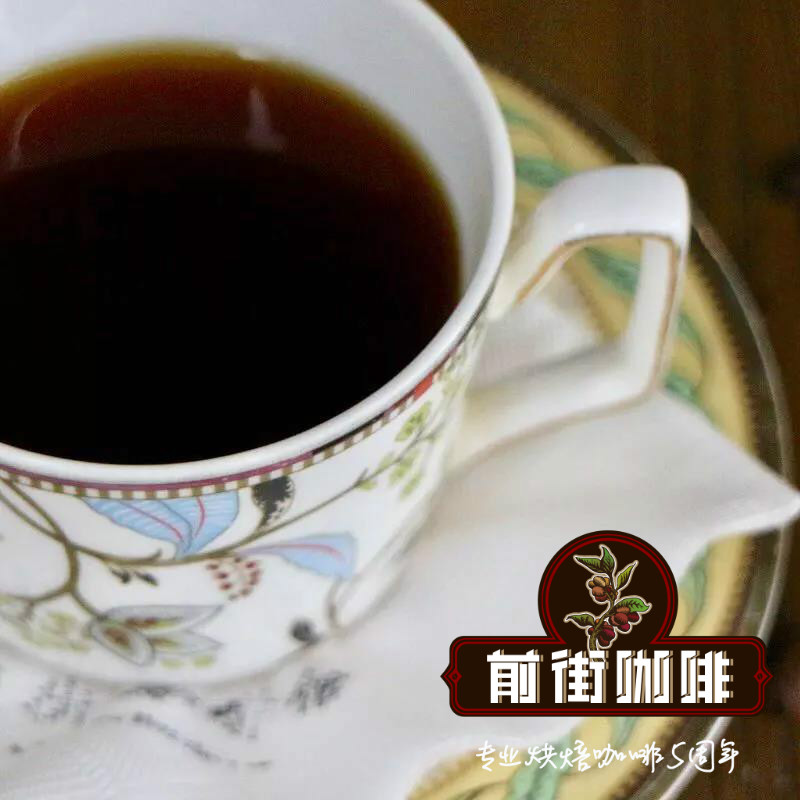
Professional coffee knowledge exchange more coffee bean information please follow the coffee workshop (Wechat official account cafe_style)
Do you remember how you got into the coffee pit in the first place?
Some people start with the first three-in-one Nestle instant coffee, some people buy the first bottle of canned coffee, and some people start with the first latte at Starbucks.
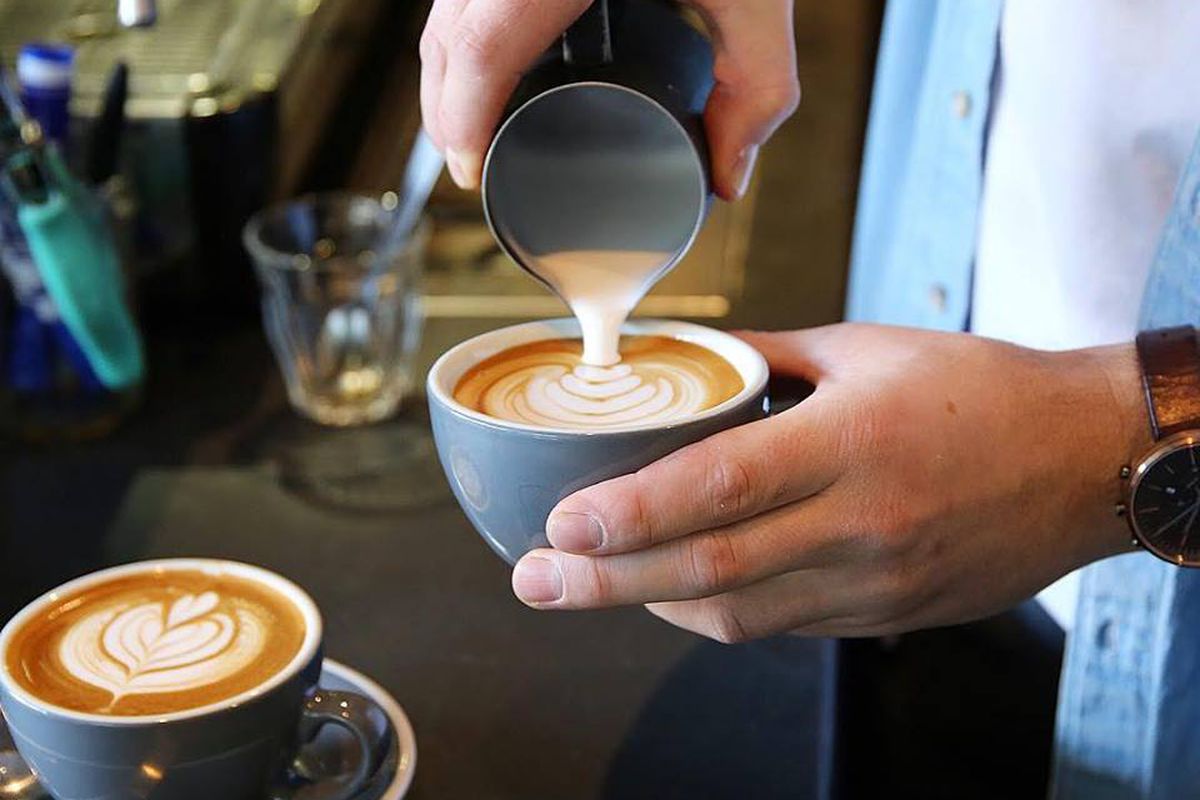
A few years ago, "drinking coffee" was of some special significance to Chinese people, and hand-made coffee was a special manifestation of exquisite and emotional atmosphere. At that time, no one thought that the coffee life we were looking forward to would be run over by all kinds of new products, takeouts and coupons.
That's how we used to drink coffee.
Thirty years ago, Nestle Coffee, as the first instant coffee brand in the world, brought us a coffee culture that swept the world. Many Chinese people understand and misunderstand the taste of coffee from Nestle instant.
At that time, it was not difficult for us to make coffee. We can tear open the Nestle coffee bag gracefully like the stars in TV commercials, use hot water to whirl out the brown coffee liquid, and then pick up the cup and take a deep breath of that unique aroma.
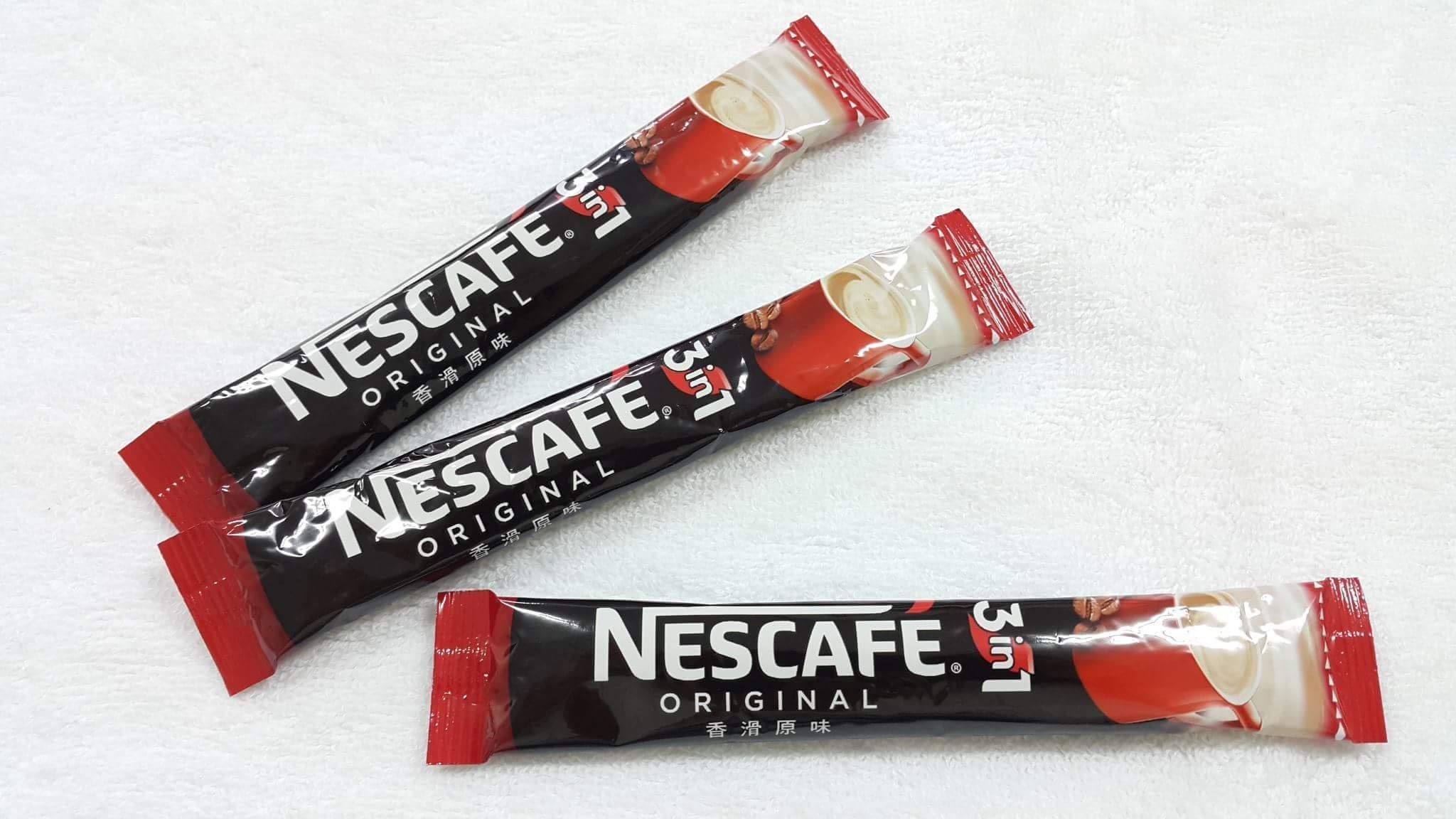
Usually, we lock the scene of drinking coffee at home or office, and coffee is more likely to serve as a partner for work and study. At this time, affordable instant coffee meets the caffeine and sugar we need, as well as a glimmer of imagination for coffee.
Cognitively, coffee always has the taste of sugar and milk, and the most exquisite cup is the bitter black coffee in the western restaurant. It is worth mentioning that canned coffee is a kind of coffee drink that can be drunk at any time without a specific scene, but it has not formed a particularly large scale in China in the end.
Twenty years ago, Starbucks, a coffee shop chain from the United States, brought us "new" coffee. Since then, coffee is no longer just instant, canned and expensive black liquids in western restaurants. Although for many people, a cup of coffee at Starbucks is far less approachable than a cup of milk tea, it makes us a little more fashionable and international.
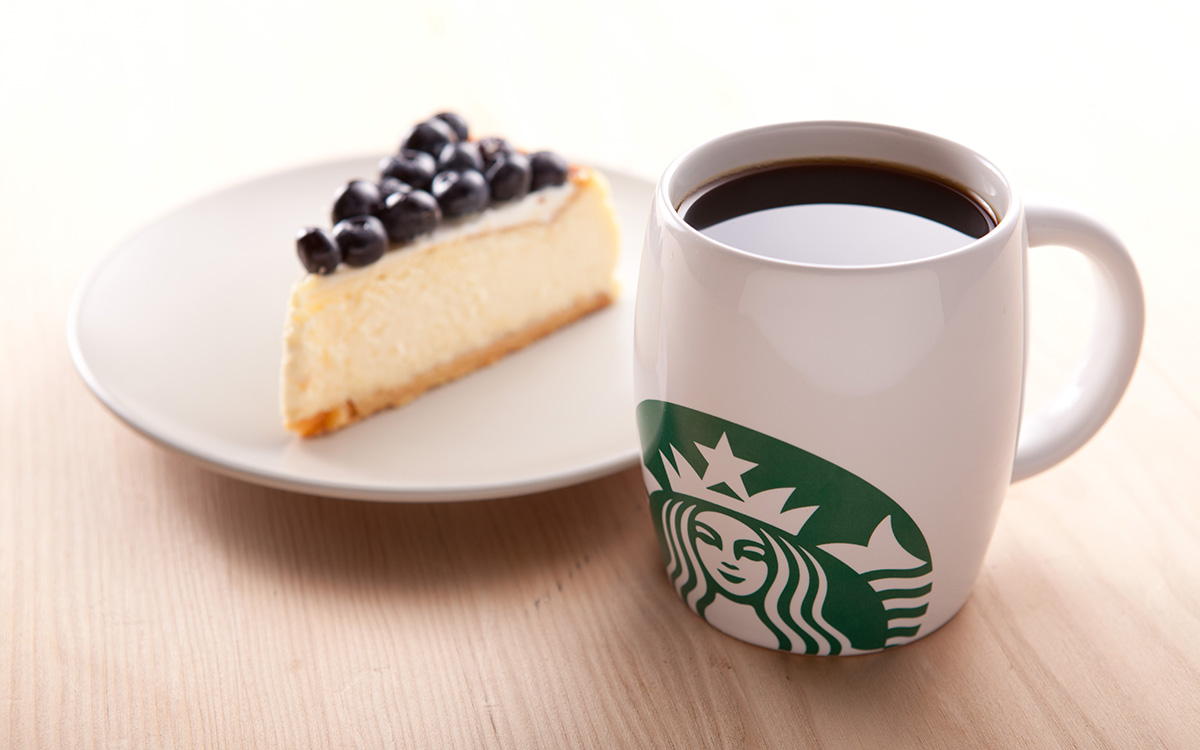
Then we began to get a little more ambitious when we drank coffee.
Whether it's abandoning sugar and milk to try the original taste of coffee, to drinking coffee made from Arabica beans for fresh grinding, these are all manifestations. Coupled with the development of the Internet, we have more channels to obtain and exchange knowledge about coffee and to buy beans and utensils needed to make coffee. Although we are still "ruled" by instant solutions, real coffee is gradually becoming a part of our lives, rather than a fake shot.
No one will laugh at you for making coffee with a set of handbrewing equipment that costs dozens of yuan for free delivery. Because no matter what threshold you start to like drinking coffee, it's a pleasure for people who are willing to make coffee.
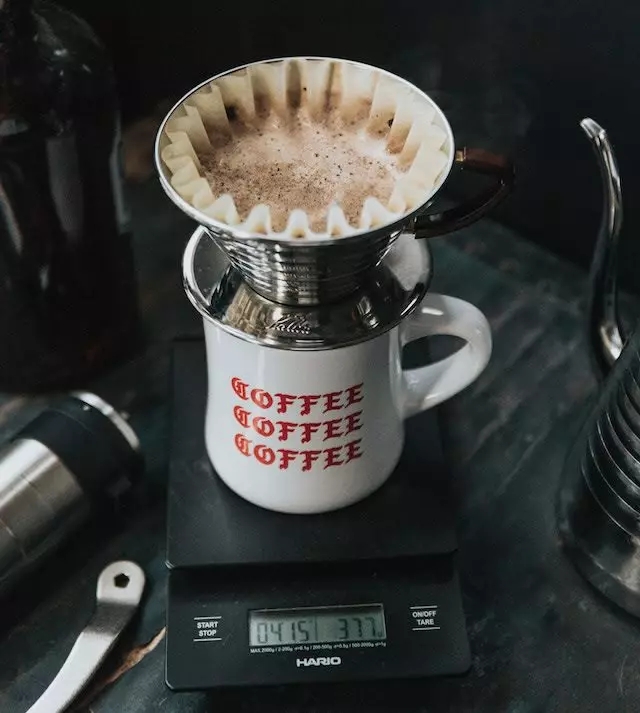
We have never been so short of freshly ground coffee.
Chinese people are becoming more and more interested in drinking coffee-in fact, it is not only an autonomous behavior, but also a passive upgrade.
Compared with other countries, at present, even first-tier cities in China consume only 20 cups of coffee per capita per year. Nestl é and Starbucks have cultivated coffee groups through different types of enlightenment. In the subsequent birth and death of a variety of boutique coffee shops slowly grew, and then ushered in Ruixing, which updated our understanding of coffee from the perspective of capital.
Luckin Coffee's appearance and crazy expansion are actually based on the fact that we already have a certain degree of "love" for coffee. We have never wanted to have a good cup of freshly brewed coffee more conveniently and cheaply, even if we are not at home, do not have the utensils and cannot find the time to visit boutique coffee shops that do not know where to hide.
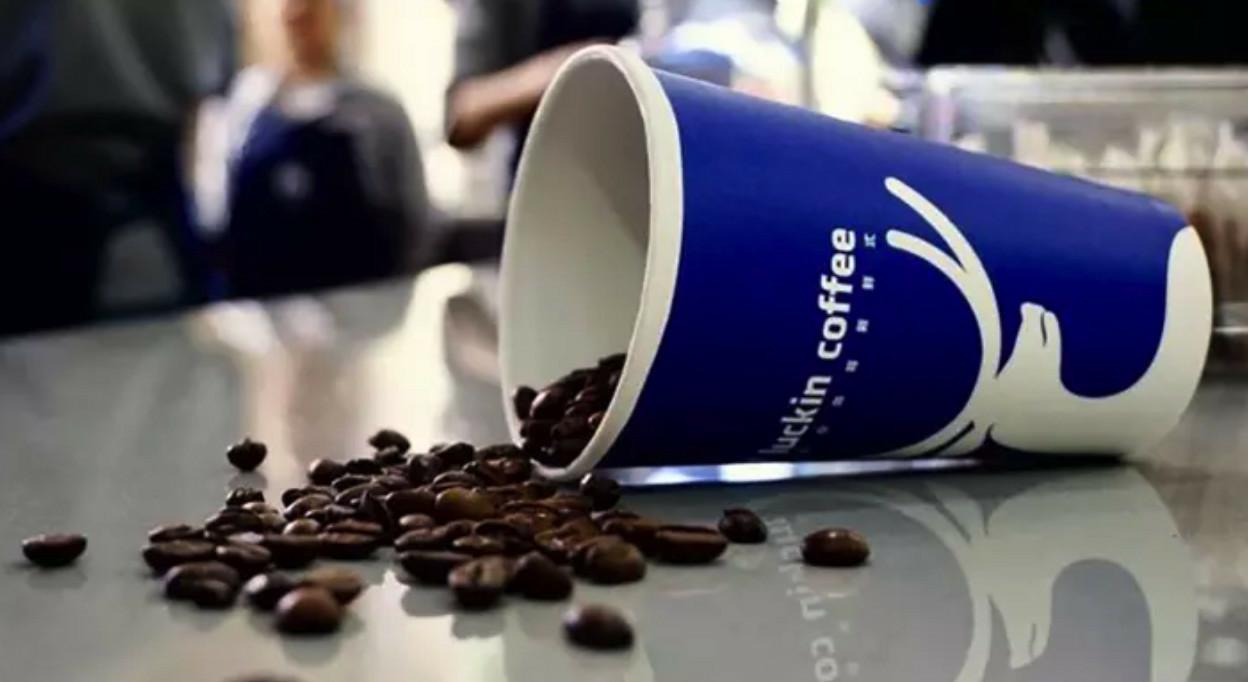
Regardless of whether the cup of coffee bought from the chain coffee shop will surprise people if it is graded, at least we have an environment in which we can buy freshly ground coffee at any time. Not only Lucky and Starbucks, but also 711 in convenience stores, the whole family and even fresh daily delicacies are afraid that everyone will not get hot freshly ground coffee, from offline stores to online APP, covering every corner of your life. Are you still hesitant? Do you think it is more affordable to buy coffee beans and cook them at home? Coupons and buy one get one free are daily operations. Can you always be impressed by coffee and money?
We are no longer short of coffee, and we are still freshly ground coffee. When we remember that when we want to have a cup of coffee, the most difficult thing to do is not that I am short of beans or utensils, or that the company's water heater cannot give enough hot water, but which one to choose from the takeout software and which new product to drink.
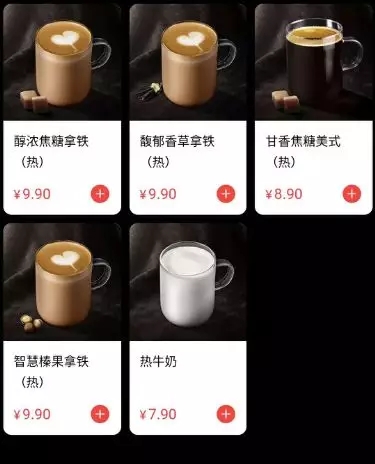
Will you go to a lot of trouble to do it yourself afterwards?
If you are asked by someone who has never made your own coffee, how do you usually drink coffee at home? What would you say? How do you feel when you enthusiastically share how you pay attention to water temperature, bean grindability, powder-to-water ratio, cooking techniques, or Italian powder pressing, foam-beating and flower-drawing skills, and end up complaining, "Why is it so troublesome?"
Today (April 1) I saw a piece of news in the major media that Pacific Coffee is going to launch a self-service grinder. Self-service coffee machines are not new, and even coffee robots are no longer a big deal. From Coffee Wing, which covers Guangdong and Guangdong, to Nestle, which is stationed in the office, and now Pacific Coffee, self-service coffee machines may become a new trend.
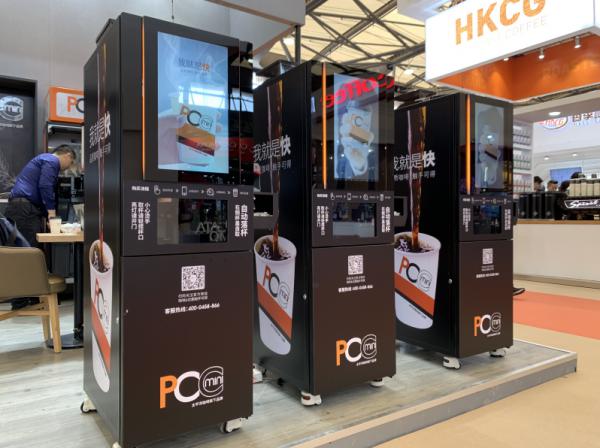
In the future, we will sit at home and have coffee delivered to our door. when we go to the street, we will meet a coffee shop every few hundred meters, and there will be self-service coffee machines waiting outside the office. These convenient freshly ground coffee will not be ground and brewed until after you place an order, and the quality of the beans is constantly improving (Lucky's new beans won the gold award in Italy and Rose Summer Coffee is launched in Japanese convenience stores). The price of a cup is particularly cheap. I'm not afraid that the beans bought will be wasted because they have been kept for too long. Taste? Even when brewed by machines, Australian coffee bosses hit us in the face with data: the average score of machine brewing was higher than that of baristas in 1000 cups of coffee.
So, would you still make a cup of coffee yourself?
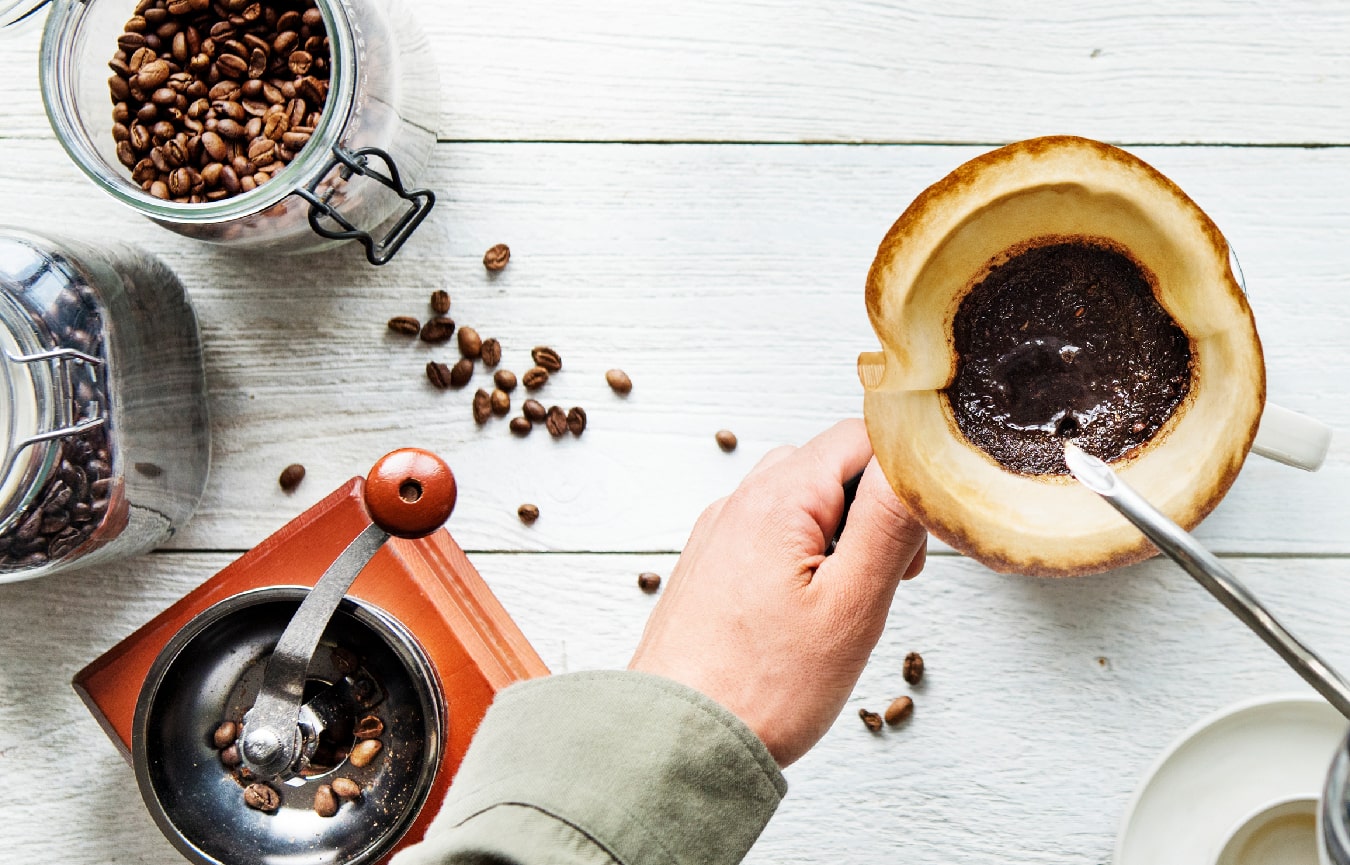
Photo Source: Internet
Important Notice :
前街咖啡 FrontStreet Coffee has moved to new addredd:
FrontStreet Coffee Address: 315,Donghua East Road,GuangZhou
Tel:020 38364473
- Prev
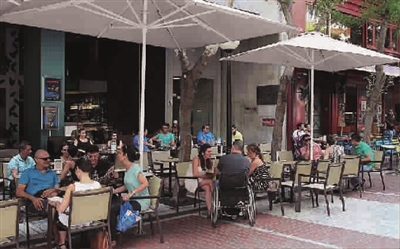
It's an art of how to taste coffee like the Greeks.
Professional coffee knowledge exchange more information about coffee beans Please follow the coffee workshop (Wechat official account cafe_style) Greek Chinese recommend you to taste Greek coffee, is a very artistic thing. Coffee culture is an important part of Mediterranean culture. If you have never had Greek coffee before, now we will lead you into this mysterious world. Greek coffee
- Next
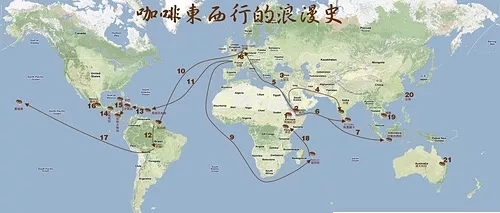
After reading the spread history of coffee, feel the romance of coffee traveling around the world.
Professional coffee knowledge exchange more coffee bean information Please pay attention to the coffee workshop (Wechat official account cafe_style) Coffee will become a world drink, is accompanied by the great navigation era of the 17th and 19th century, after three hundred years coffee beans, coffee seedlings planted all over the world, including the Netherlands, France brought coffee beans to colonization, newly developed regions of the Caribbean, Central and South America, the 19th century
Related
- How did the Salvadoran coffee industry develop in Central America?
- What exactly does the golden cup extraction of coffee mean?
- The Origin of Coffee flower
- [2023 Starbucks World Earth Day] there are more meaningful things besides free Starbucks coffee!
- What kind of coffee is there in Spain? 9 Flavors of Spanish Coffee
- Aromatic African coffee| Kenya's coffee culture and historical production area
- Liberica Coffee Bean knowledge: the characteristics of Liberian Coffee beans of the three original species of Coffee beans
- The origin and formula of Spanish latte introduces the taste characteristics of Bombon coffee in Valencia, Spain.
- How to adjust the solution of over-extracted coffee
- What is the tasting period of coffee beans? What is the period of coffee and beans? How should coffee wake up and raise beans?

